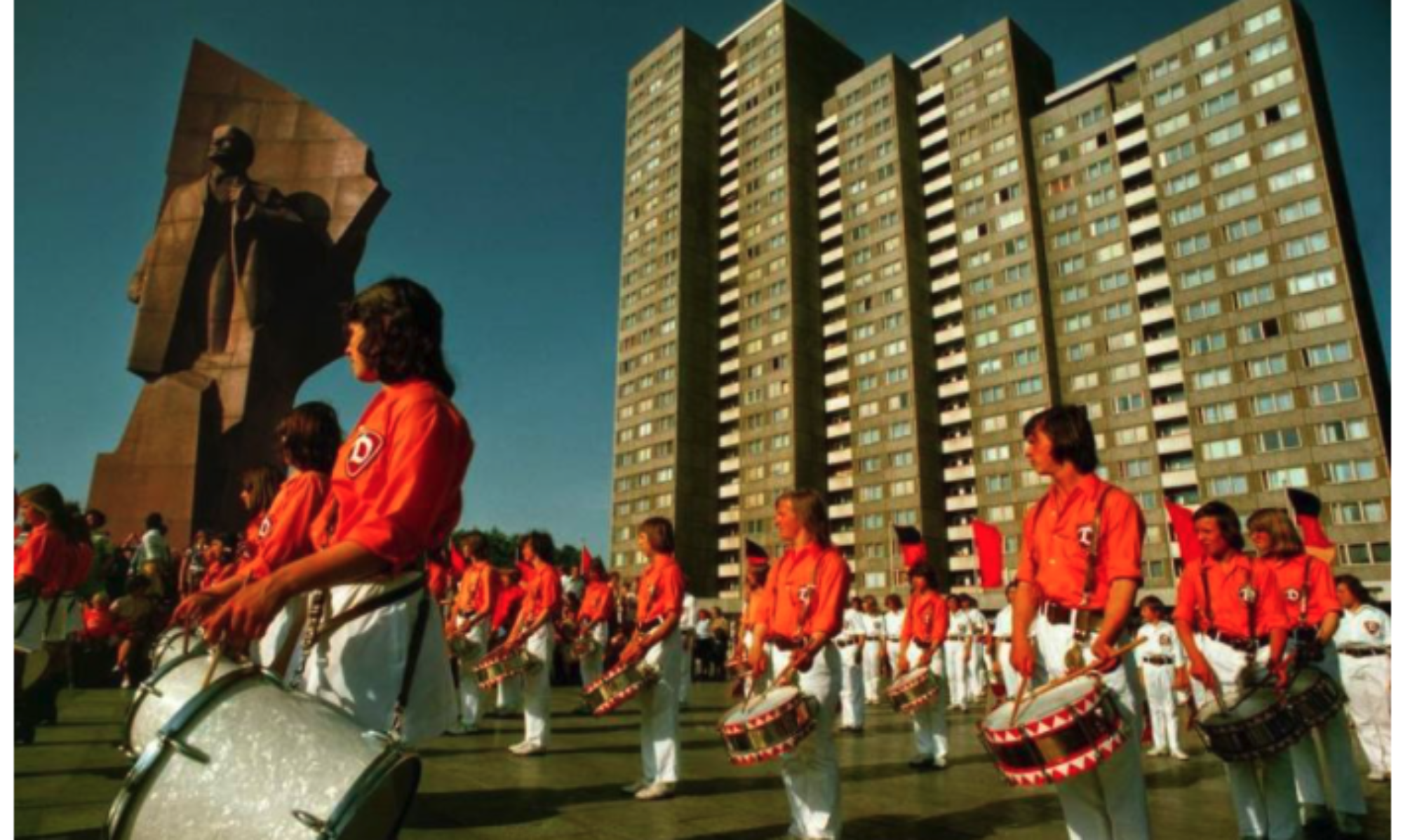While the film Dr. Strangelove depicts an inevitable nuclear wasteland, the key players within the narrative also assumes the aftermath and the plans crafted by those involved. Throughout the film, the United States government officials continue to question and suspect the Russian ambassador, yet there is also a juxtaposition of friendliness between them and the Russian government. In the scene where the President first speaks with Dmitri, the President speaks with him as if he were an old friend being scolded for not calling, stating that “he loves to say hello” to him and speak with him casually (00:42:00). Additionally, during their last conversation before the bomb’s detonation, the President compliments Dmitri’s air forces to strike down the rogue plane, saying that they are a highly capable force if they focus their attention on the targets (01:16:00). These remarks and constant friendly banter between the characters alludes to the idea that they might be very similar and working together despite showing superficial tensions and hatred.
In addition to these relationships, the connections that Dr. Strangelove shows to Nazism and the United States also remains unsettling. Dr. Strangelove’s character is introduced mysteriously, and even changed his name after coming to the United States, creating an extra air of mystery around him (00:51:00). In an allusion to reality, the introduction of German scientists into United States science programs during and after WWII might warrant a character like Dr. Strangelove, with their loyalties and goals coming into question both in real life and throughout the film. However, the ending of the movie proves that Dr. Strangelove is physically compelled by Nazism to carry out the goal he seeks, leaving zero questions for the viewer by the end (01:28:00). He literally can’t restrain himself from his past, and the audience is forced to consider his background and his proposals to the government after the bomb’s detonation.
Overall, while the movie is quite funny with its characterizations in Buck, Mandrake, the President, Dmitri, and others, the underlying currents of collusion between former and current government ideologies within the time period were definitely unsettling; for a viewer during the Cold War, I can only imagine the fear or suspicions they would have had while watching the film, and after.
Because of these themes, it made me question who the protagonist is at all within the film: Buck, the overly competitive military man, even in the plans after nuclear fallout?; General Ripper, the die-hard (literally) anti-communist who went against his government to strike first against Communism?; Mandrake, the character who pleads for de-escalation and rationality against General Ripper?; the rag-tag aircraft team, willing to take any strike they can get against Russia, and even riding the nuclear bomb like a bull? For the average American watching during the Cold War, any perspective could come forth, but which predominated? Also, were these characterizations and theories based in reality, or meant to be a total satire of the reality and how far the fear of communism went? Have we even moved on from such thinking, or do we still linger in the realm of suspicion and hyper vigilance, just disguised in a different form?
